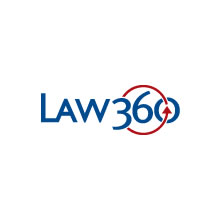In a key update regarding an issue that will affect all employers, on April 17, 2012 the U.S. Court of Appeals for the District of Columbia Circuit issued an injunction requiring the National Labor Relations Board (“NLRB”) to preserve the “status quo” in its ongoing push to require employers to post its controversial “Employee Rights Notice” informing employees of their rights to organize unions. As a result of this order, the NLRB is prohibited from enforcing its new requirement that employers post the notice by April 30, 2012. The NLRB has appropriately acknowledged the Court’s injunction, stating on its website that “The DC Circuit Court of Appeals has temporarily enjoined the NLRB’s rule requiring the posting of employee rights under the National Labor Relations Act” and that “[t]he rule, which had been scheduled to take effect on April 30, 2012, will not take effect until the legal issues are resolved. There is no new deadline for the posting requirement at this time.”
The D.C. Circuit’s order is an important and welcome “time out” given the uncertainty of the “legal issues” surrounding the NLRB’s posting requirement. Just last week, the U.S. District Court for the District of South Carolina granted summary judgment to the U.S. Chamber of Commerce in its bid to invalidate the posting requirement, holding that the posting requirement was in violation of the Administrative Procedures Act and that the NLRB’s role is to be “reactive” rather than “proactive.” But earlier this year, the U.S. District Court for the District of Columbia upheld the NLRB posting requirement against a challenge by the National Association of Manufacturers. That case is presently on appeal, the outcome of which will determine the next development in this saga.
For now, at least, employers should breathe a sigh of relief and know that they do not need to post the NLRB’s “Employee Rights Notice” until its legality is determined by the courts.
Stay tuned for further developments.








